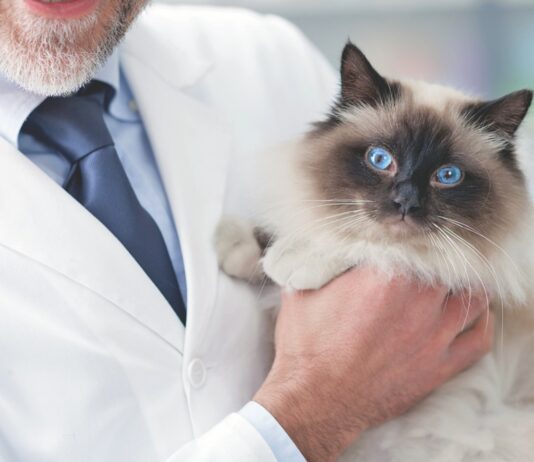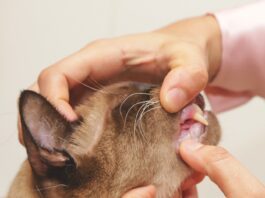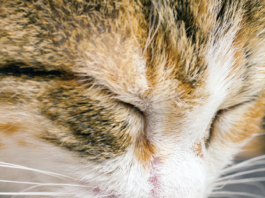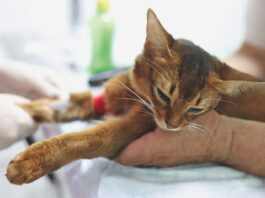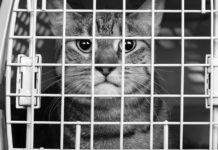Ask About Advantages And Drawbacks
If you want to check out a potential clinical trial for your cat, these are questions to ask his veterinarian and the studys research coordinator.
Evaluating the Results and Their Potential Meaning
These are only a few of the many components evaluated in a complete blood count:
A Tech Draws Blood With a Quick Squeeze and Prick
Although your kitty probably wont like his blood being taken, he wont suffer any major discomfort - just a squeeze, a prick and perhaps a little stress, mostly from being restrained.
Alternatives for Surgical Sterilization
When you adopt a kitten or a cat, the traditional plan calls for spaying or neutering as soon as possible. This common procedure is usually effective in rendering your cat sterile but does carry health risks and requires time to prep, operate and provide post-surgical care.
The CBC, a Diagnostic Powerhouse
In this age of high-tech veterinary tools like digital X-rays and color Doppler ultrasound, one humble blood test - a complete blood count - remains at the forefront of diagnosis. A single drop of blood contains millions of cells, and with a scant half teaspoon, your cats veterinarian can quickly identify nearly two dozen types of cells to diagnose conditions ranging from anemia and autoimmune disease to cancers and infections.
Dont Use First Aid on Snakebites
If youre out for a stroll with your cat in your fenced backyard and he suffers a snakebite, his life can quickly be in danger. The safest course: Dont attempt outdated first-aid measures such as application of a tourniquet or incision to remove the venom with suction. It will already have been absorbed, and tourniquets can compromise blood circulation, causing severe injury.
Cornell Pursues the Elusive Coronavirus That Triggers FIP
Scientists have known for some time that certain strains of the feline coronavirus can lead to feline infectious peritonitis (FIP), a viral disease that is the leading infectious cause of death in cats under 2 years of age. However, the pathogenesis - the way the usually mild coronavirus develops into often-fatal FIP - remains a mystery.
Can a Homemade Raw Diet Offer Complete and Balanced Nutrition?
I am interested in feeding my 4-year-old Siamese cat a homemade diet and would like to make this a raw diet, as I have read that it is more natural for cats. Cat foods have so many artificial ingredients, and I am concerned that these additives may be harmful to him. What are your thoughts about these ideas?
Ask About Advantages And Drawbacks
If you want to check out a potential clinical trial for your cat, these are questions to ask his veterinarian and the studys research coordinator.
FDA Warns Topical Drug Poses Toxic Risk to Cats
The Food and Drug Administration has issued a warning about pets exposure to a topical non-steroidal anti-inflammatory (NSAID) drug after reports of deaths and illness in cats. Their owners had applied flurbiprofen cream or lotion to their own neck or feet to treat pain.
Is a Clinical Trial Right for Your Cat?
If your cat had a life-threatening disease with no effective treatment, would you enter him in a clinical trial that might result in a helpful drug or other therapy - perhaps even a cure? Clinical studies are essential in moving medicine forward and often rely on the participation of animals with naturally occurring diseases to find answers.
Should She Adopt a Sweet Stray Whos Been Diagnosed With FIV?
Recently, a stray cat appeared on my porch, and he is the sweetest thing. I would like to adopt him and bring him into our house, but when I brought him to the veterinarian, he tested positive for Feline Immunodeficiency Virus (FIV). I am concerned because I have two other indoor cats. Can you provide some advice about how to proceed?

